JONES LAW GROUPYour Lawyers for Life! Personal Injury Law Firm in St. Petersburg

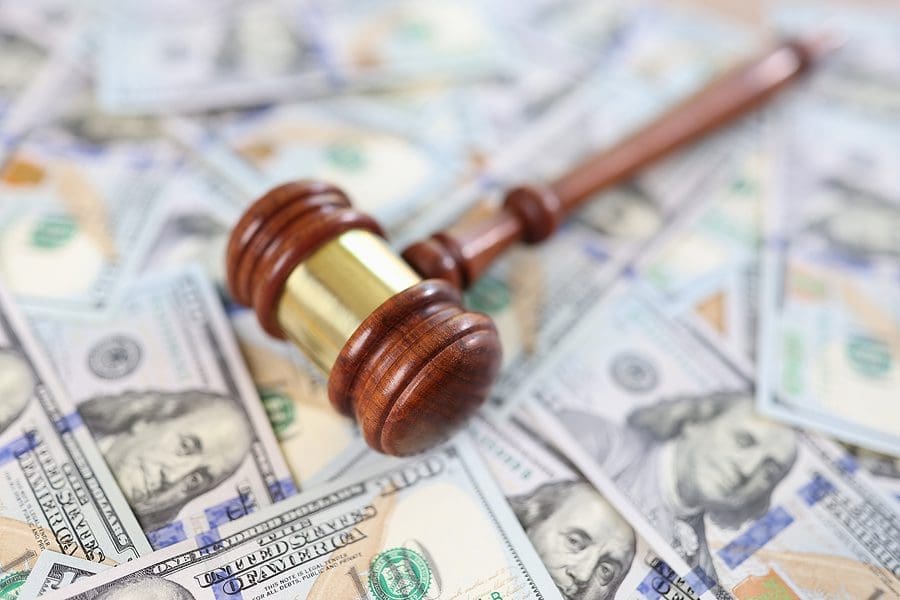
You could still obtain compensation even if you were partly at fault for the car accident that resulted in your injury, thanks to the legal principle known as “comparative negligence.” Even though you contributed to the accident, that doesn’t necessarily mean you can’t get money for your medical bills and other expenses. The attorneys with […]
Call our personal injury law office directly at (727) 512-9847
Find out today! At Jones Law Group in St. Petersburg, FL, we would like to hear from you. Contact us for a free personal injury case consultation.
Or call our personal injury law office at (727) 512-9847
Get educated on the Florida's personal injury laws and more.
You could still obtain compensation even if you were partly at fault for the car accident that resulted in your injury, thanks to the legal principle known as “comparative negligence.” Even though you contributed to the accident, that doesn’t necessarily mean you can’t get money for your medical bills and other expenses.
The attorneys with Jones Law Group would like to share some information to give you an understanding of comparative negligence and how it may apply to your case. We can also work to help you obtain as much compensation as possible. Call 727-571-1333 or contact us online for a free consultation to learn more.
Comparative negligence applies in cases where more than one party is responsible for causing harm or injury to another party.
Under comparative negligence, the degree of fault or responsibility of each party involved in an incident is considered, and damages are allocated accordingly. If a plaintiff is partially responsible for their injuries or damages, they’ll lose compensation based on their percentage of fault.
For example, suppose you’re 20% at fault for the accident because you were speeding, and the other driver is 80% to blame for running a red light. Your recovery of damages would be reduced by 20%. If your damages were $100,000, the most you could receive would be $80,000.
Florida is what’s known as a “pure comparative negligence” state. This means you can still recover damages even if you’re found to be primarily at fault for your own injuries. Using the above example, suppose your share of the blame was 80%. You could still sue the other driver for 20% of your damages.
Comparative negligence could make it challenging to recover total compensation for your injury. Insurance companies often try to shift as much blame as possible onto the plaintiff to reduce their liability.
In addition, Florida also has a four-year statute of limitations for personal injury claims, which means that you have four years from the date of the accident to file a lawsuit. You may lose your right to recover damages if you miss the deadline.
An experienced attorney can help you navigate Florida’s comparative negligence law. They can gather evidence, negotiate with insurance companies, and build a solid case to maximize your recovery of damages. They can also help ensure the lawsuit is filed within the statute of limitations and fully protect your rights.
Comparative negligence can arise in various car accident scenarios, where multiple parties may sometimes be at fault. Here are some common scenarios:
In a rear-end collision, the driver who strikes the vehicle in front of them is usually to blame. However, if the driver in front tailgates or suddenly slams on their brakes, they may be partially at fault for the accident.
If a driver hits a pedestrian, the driver is usually at fault. However, if the pedestrian was jaywalking or crossing against the signal, they may be found partially at fault for their injuries.
If you suffered an injury in an accident and weren’t wearing a seatbelt, you may be found partially at fault for your injuries.
Comparative negligence can create several issues in personal injury cases, including:
Determining fault can be complex in accidents involving multiple vehicles. The insurance company assesses the driver’s actions and degree of fault to determine the allocation of damages.
Suppose Driver A suffers a traumatic brain injury in an accident involving two other motorists, Drivers B, and C. Driver A has $500,000 in damages. 50% of the fault goes to driver B because they were driving while distracted, and driver C was 40% to blame because they were speeding. Driver A is 10% at fault for their injury because they didn’t wear their seatbelt.
Then, driver A could sue Driver B for 50% of their damages ($250,000) and Driver C for 40% ($200,000). Since Driver A was 10% to blame, they won’t be able to recover the other $50,000.
Evidence plays a crucial role when determining shared liability in a personal injury case. Here are some common types of evidence we use to determine shared liability:
Again, cases involving comparative negligence can be highly complex. But a Jones Law Group attorney can spell everything out and provide the support you need during this difficult time. Use our online contact form or call 727-571-1333 for a free case evaluation as soon as possible.

What is Aggressive Driving? Did you know Florida has an aggressive driving statute?[1] Aggressive driving is defined as driving while committing any two of the following offenses: 1. Exceeding the posted speed limit;2. Improperly or unsafely changing lanes;3. Tailgating;4. Failure to yield the right of way;5. Improper or dangerous passing; or6. Failure to obey traffic […]
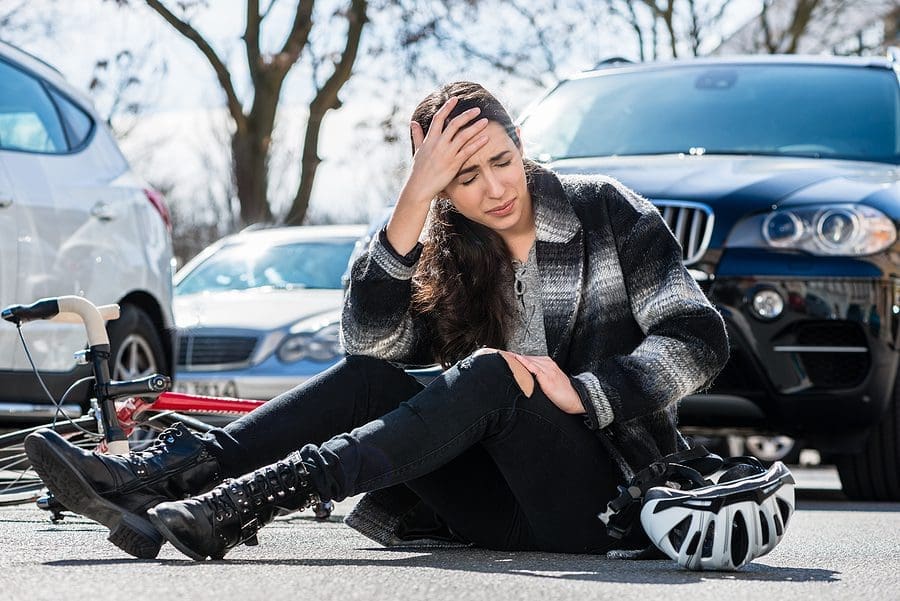
If a bicyclist is injured in a collision, the negligent party can be held legally responsible for compensating their damages. Summary Bicycle accidents often result from the negligent behavior of one party, whose intentionally reckless or mistake-filled behavior exposes the bicyclist to harm. Some examples of negligent behavior that can cause a bicycle accident include […]
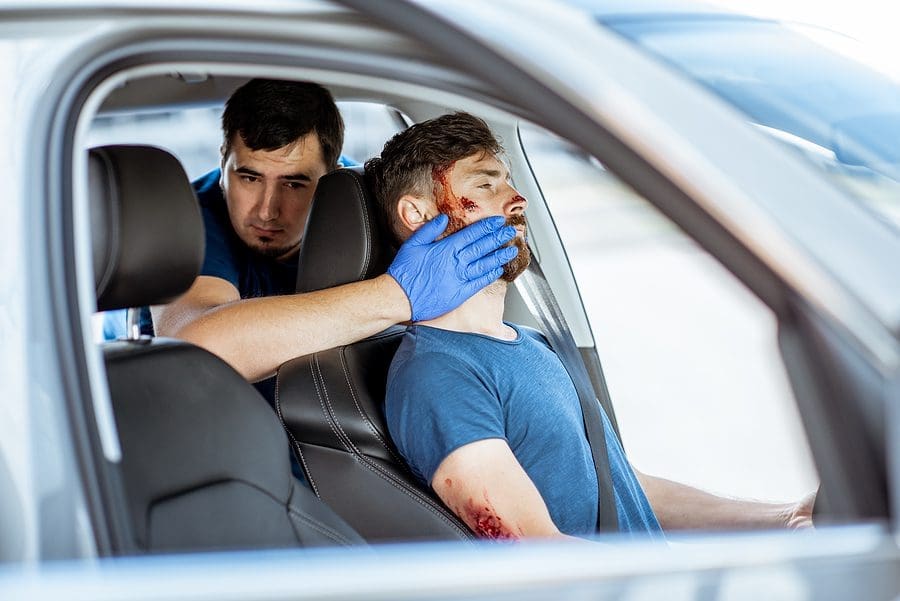
Blunt-force trauma from a personal injury accident can cause long-term consequences for an individual’s health and finances. Summary During a personal injury accident like a motorcycle, car, or slip-and-fall accident, the victim can come into contact with a hard object. A direct blow from a hard object, such as a car door, wall, dashboard, or […]
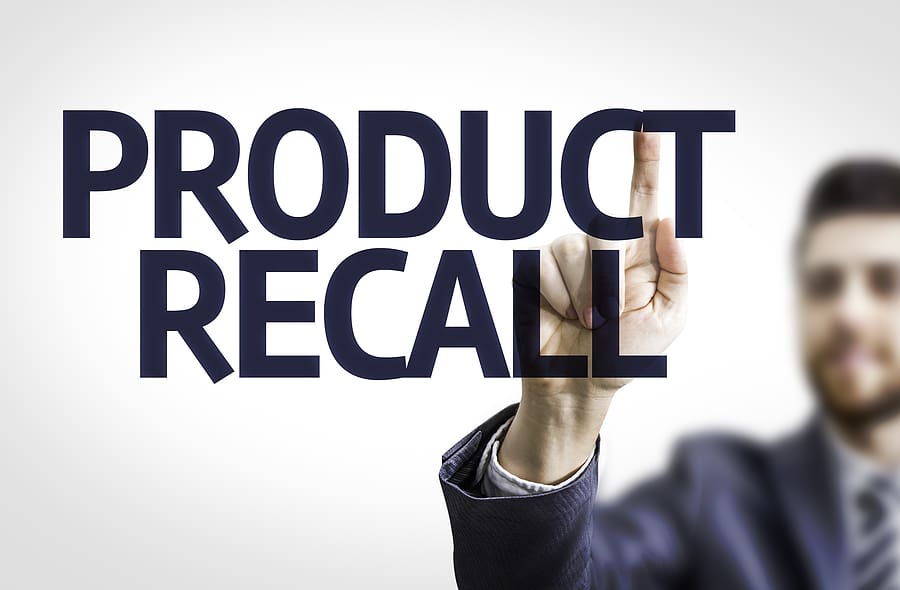
Consumers can suffer severe injuries from defective or dangerous products, such as car parts, toys, medication, etc. These can leave the designer, manufacturer, distributor, or seller of the product liable in a product liability claim. To recover compensation for damages, such as medical bills, lost earning potential, and mental anguish, you must prove the at-fault […]
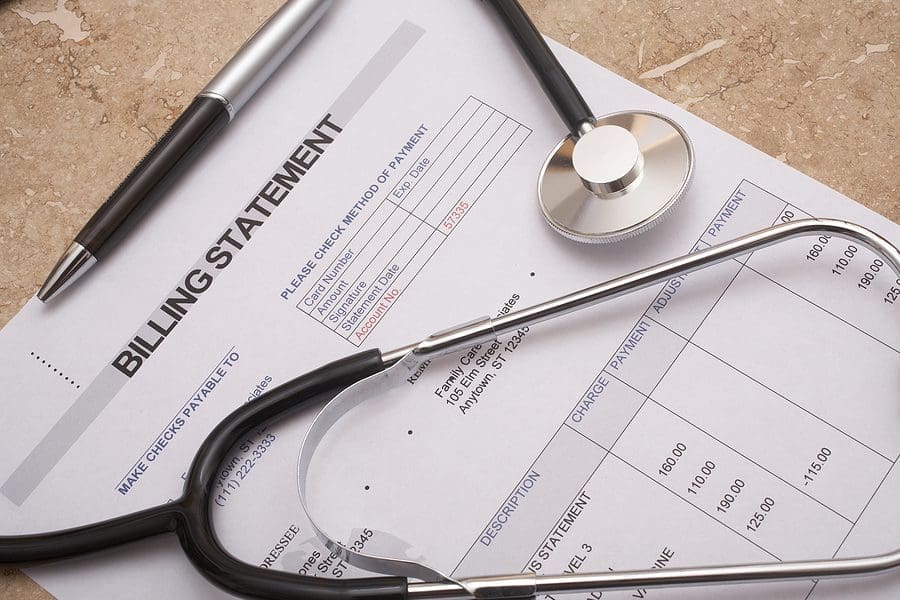
In the blink of an eye, an accident can turn your life upside down. Suddenly, the plans you had are put on hold so that you can tend to your injuries, deal with insurance, and make alternate arrangements to keep your life moving forward. Since the aftermath of an accident is physically, emotionally, and financially […]
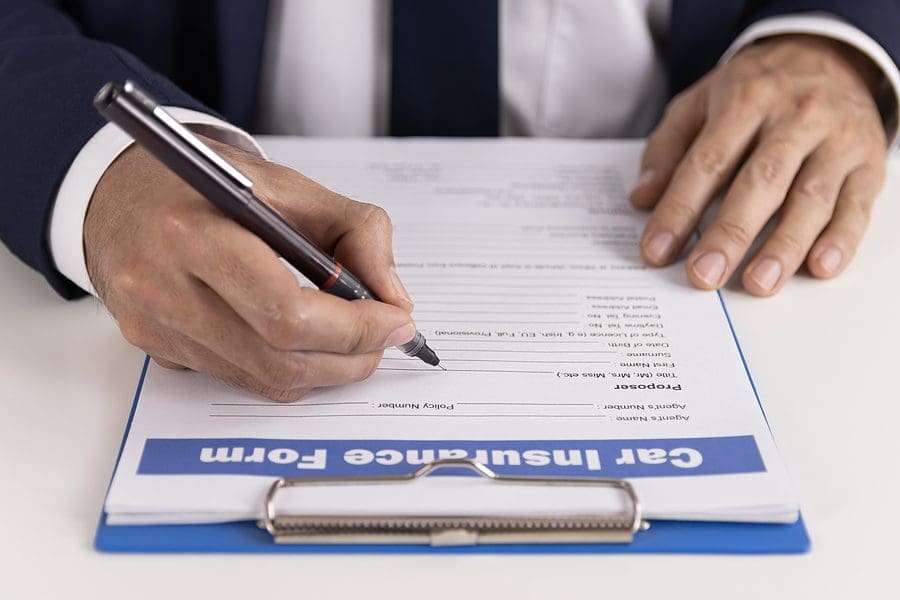
Personal Injury Protection (PIP) Insurance is a type of car insurance coverage that covers medical expenses. Every Florida resident who owns a vehicle is required to have PIP insurance, as each person’s PIP insurance is responsible for that person’s injuries. PIP Insurance is also known as no-fault insurance because it can help pay for costs […]
Speak with us before time runs out! In Florida, you have a limited window to file a personal injury case, so speak to an Attorney today.
Call our personal injury law office directly at (727) 512-9847
Jones Law Group is a dedicated personal injury lawyer in St. Petersburg, FL, serving the Tampa Bay area since 2006. Our experienced attorneys specialize in car accidents, slip and fall cases, employment law disputes, construction law issues, and overtime wage claims, fighting for maximum compensation on a contingency fee basis. Contact us for a free consultation to discuss your case.
Call our personal injury law office at (727) 512-9847
© Copyright 2006–2025 Jones Law Group Attorneys at Law. All rights reserved. Privacy Policy Terms of Use
Attorney Advertising.
The information on this website is for general information purposes only. Nothing on this site should be taken as legal advice for any individual case or situation. This information is not intended to create, and receipt or viewing does not constitute, an attorney-client relationship. Past results do not guarantee similar outcomes.
Are you injured or wronged and interested in a consultation? Fill out the form for a free consultation with us.